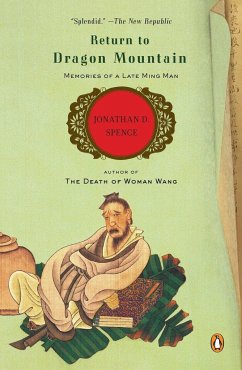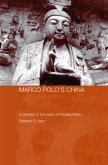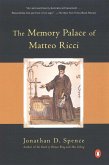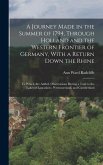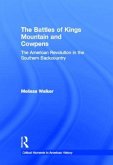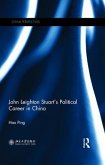Splendid . . . One could not imagine a better subject than Zhan Dai for Spence. (The New Republic)
Celebrated China scholar Jonathan Spence vividly brings to life seventeenth-century China through this biography of Zhang Dai, recognized as one of the finest historians and essayists of the Ming dynasty. Born in 1597, Zhang Dai was forty-seven when the Ming dynasty, after more than two hundred years of rule, was overthrown by the Manchu invasion of 1644. Having lost his fortune and way of life, Zhang Dai fled to the countryside and spent his final forty years recounting the time of creativity and renaissance during Ming rule before the violent upheaval of its collapse. This absorbing tale of Zhang Dai s life illuminates the transformation of a culture and reveals how China s history affects its place in the world today.
Celebrated China scholar Jonathan Spence vividly brings to life seventeenth-century China through this biography of Zhang Dai, recognized as one of the finest historians and essayists of the Ming dynasty. Born in 1597, Zhang Dai was forty-seven when the Ming dynasty, after more than two hundred years of rule, was overthrown by the Manchu invasion of 1644. Having lost his fortune and way of life, Zhang Dai fled to the countryside and spent his final forty years recounting the time of creativity and renaissance during Ming rule before the violent upheaval of its collapse. This absorbing tale of Zhang Dai s life illuminates the transformation of a culture and reveals how China s history affects its place in the world today.

Kurt-Georg Kiesingers Warnruf "China, China, China!" hallte nach vierzig Jahren auf dem deutschen Buchmarkt 2009 gespenstisch wider angesichts der Flut an Publikationen zum Buchmessengastland. Wer indes China aus seiner Geschichte heraus verstehen möchte statt aus Klischees, der findet in Jonathan Spence den geeigneten Autor. Der in Yale lehrende englische Sinologe hat vor vier Jahren mit "Verräterische Bücher" einen wahren Historienkrimi aus der Zeit des Yongzhe-Kaisers geschrieben - akribisch aus den Akten jener Epoche rekonstruiert. Ganz so brillant und spannend ist sein neues, nach demselben Muster erstelltes Buch nicht geworden, doch auch "Die Rückkehr zum Drachenberg" lohnt die Lektüre. Diesmal widmet sich Spence dem 1597 geborenen Dichter Zhang Dai, der als Günstling der Ming-Kaiser den Umsturz durch die Mandschu von 1644 als existentielle Krise erfuhr, die sein Leben und Schreiben radikal veränderte. Heute gilt Zhangs Geschichtswerk über die Ming-Herrscher als eine der wichtigsten historischen Quellen. Privat war er etwas weinerlich. So klagte er 1654 in einem Gedicht: "Der Körper dieses alten Mannes ist schwach, / Nicht sicher, ob er das nächste Jahr erleben wird." Zhang erlebte aber noch mindestens sechsundzwanzig Jahre (sein genaues Sterbejahr ist unbekannt) und schuf seine wichtigsten Werke, die Chinas Bild von sich selbst tief geprägt haben. Nun prägt Spences Bild von Zhang hoffentlich unser China-Bild. (Jonathan D. Spence: "Die Rückkehr zum Drachenberg". Ein Exzentriker im China des 17. Jahrhunderts. Aus dem Englischen von Susanne Hornfeck. Carl Hanser Verlag, München 2009. 287 S., geb., 21,50 [Euro].) apl
Alle Rechte vorbehalten. © F.A.Z. GmbH, Frankfurt am Main

